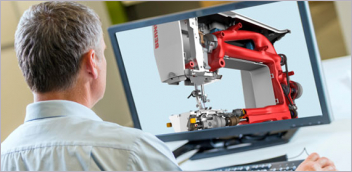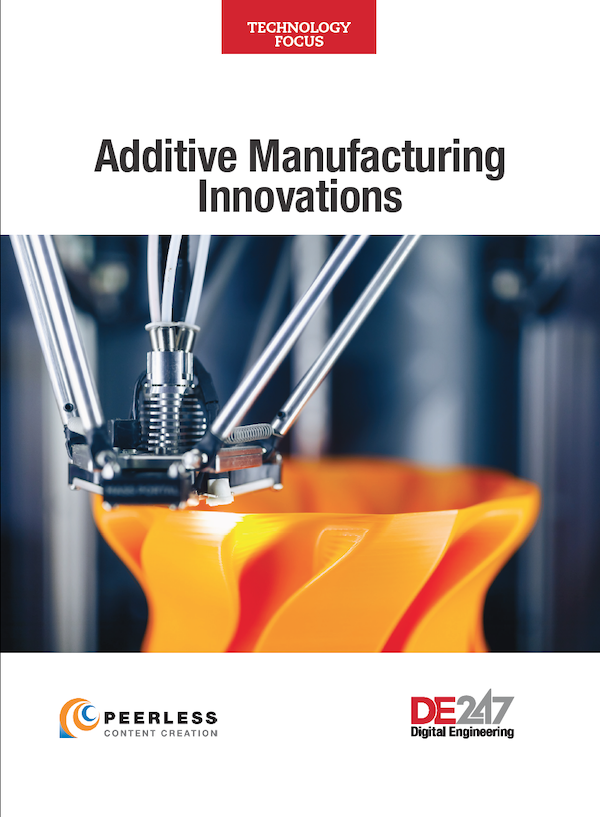AddUp Releases Material For Injection Molds
This material, commonly used in the field of plastic injection, can now be used for additive manufacturing.
Latest News
January 20, 2023
The AddUp group, a global metal additive manufacturing original equipment manufacturer, releases a recipe for shaping AISI 420 steel. This material, commonly used in the field of plastic injection, can now be used for additive manufacturing. AISI 420 steel will enable tooling manufacturers to develop new, more complex, and more efficient molds, according to the company. This material is now available for all FormUp 350 New-Generation Powder Bed Fusion (PBF) machines.
AddUp, a joint venture created by Michelin and Fives, now offers a recipe for implementing AISI 420 steel. Also referred to in the German standard as 1.4021 or 1.2083, this stainless steel is commonly used to manufacture molds for plastic injection molding, as it has high mechanical strength and good corrosion resistance. This development for AISI 420 adds to a broad portfolio of materials AddUp offers for the tooling sector including 316L stainless steel and Maraging 300 (M300) steel.

Compatible with Post-Processing Solutions
“Unlike alloys specially designed for additive manufacturing, which require users to invest in developing suitable post-processing, we offer here a widely used grade,” explains Frédéric Sar, materials manager at AddUp. “With AISI 420, the post-printing operations are identical to those of parts produced by forging. Existing solutions in heat treatments, surface treatments, machining settings, and insert grades are directly applicable to printed parts.”
AISI 420 Steel at Disposal of WBA Tooling Academy
AddUp has recently installed a FormUp 350 New Generation PBF machine at the WBA (Aachener Werkzeubau Akademie GmbH), Germany’s technical center for tooling. The machine is equipped with AISI 420 stainless steel powder and the newly developed recipe, capable of printing parts with meager porosity rates (less than 0.05%, which guarantees durability for molds subjected to high stress).
With this new industrial production tool, German tool manufacturers can submit their application cases and will be supported at all stages of their projects, from assistance in designing optimized molds to printing parts and studying the feasibility of mass production.
Sources: Press materials received from the company and additional information gleaned from the company’s website.
Subscribe to our FREE magazine, FREE email newsletters or both!
Latest News
About the Author
DE’s editors contribute news and new product announcements to Digital Engineering.
Press releases may be sent to them via DE-Editors@digitaleng.news.






